Congratulations to Professor Jonathan Parker on the publication of his latest article in the International Journal of Social Work & Human Services Practice. [1] In this paper Professor Parker outlines the history and development of social work, primarily in the UK, in the context of uncertainty and ambiguity. He suggests that in an age of increased precariousness, social work itself represents a precarious activity that can be misconstrued and used for political ends as well as for positive change. As a means of countering potentially deleterious consequences arising from this, the concept of sacrifice which is used to consider social work’s societal role as scapegoat on the one hand and champion of the oppressed on the other. The paper concludes that social work’s potential for developing and encouraging resilience and hope is indicated in the ‘sacrifices’ social workers make when walking alongside marginalised and disadvantaged people.
The paper is Open Access, meaning that anybody across the globe with internet access will be able to read it free of cost.
Reference:
- Parker, J. ‘Social Work, Precarity and Sacrifice as Radical Action for Hope’, International Journal of Social Work and Human Services Practice Vol.6. No.2, 2018, pp. 46-55.
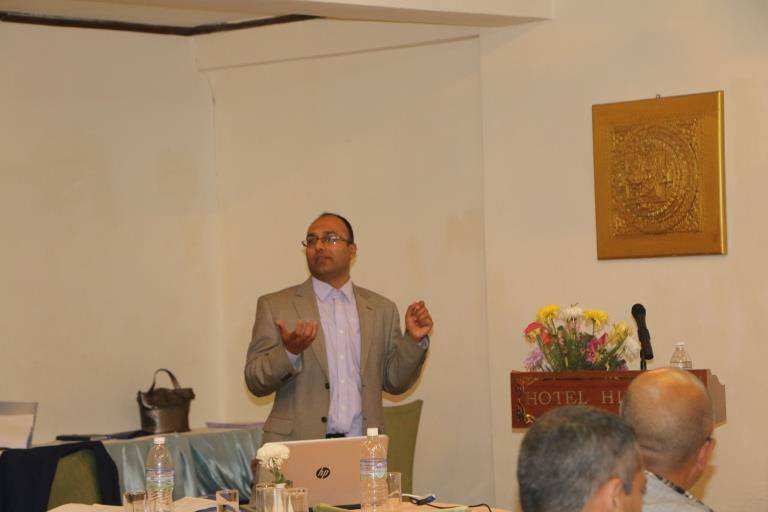
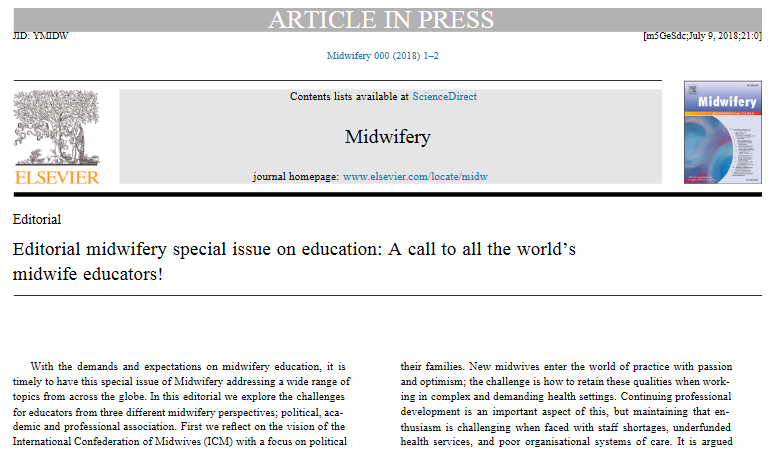




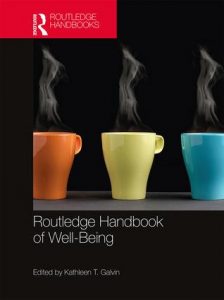 Congratulations to current and past academics in the Faculty of Health & Social Sciences and the Faculty of Science & Technology who contributed to the newly published
Congratulations to current and past academics in the Faculty of Health & Social Sciences and the Faculty of Science & Technology who contributed to the newly published 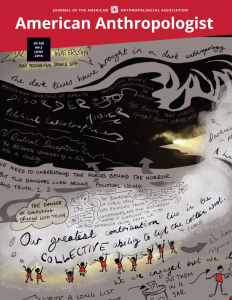
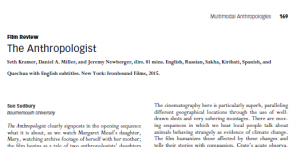
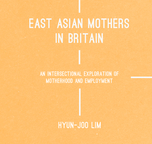

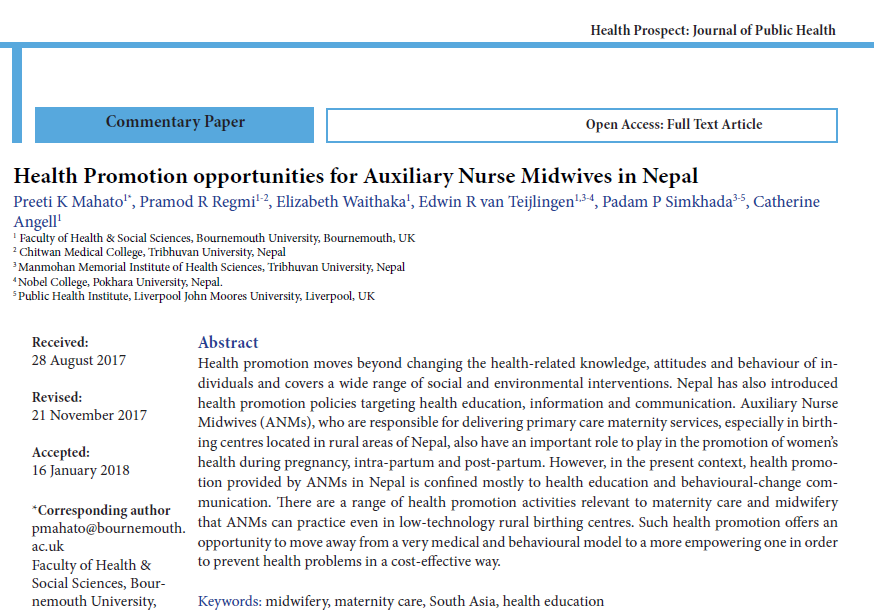


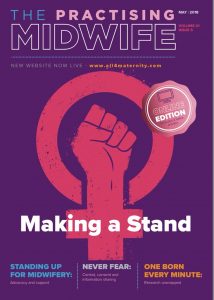

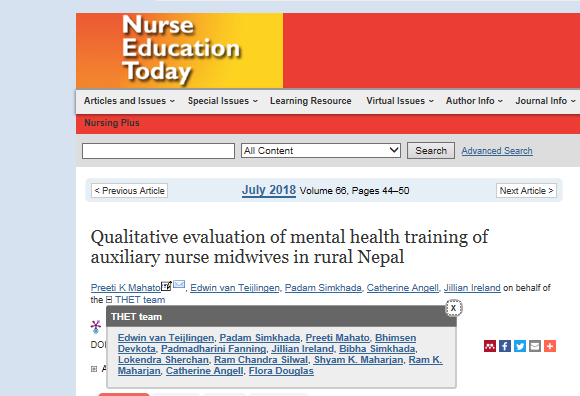
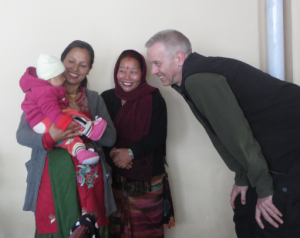
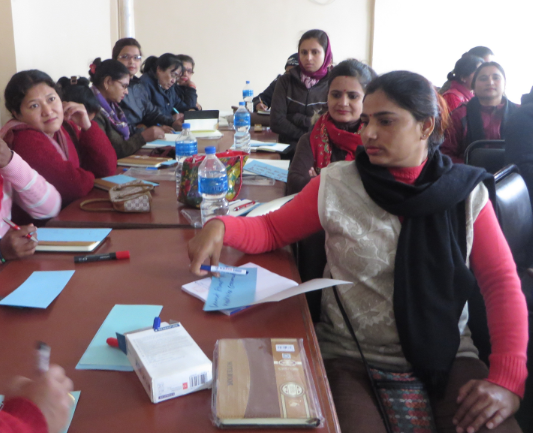

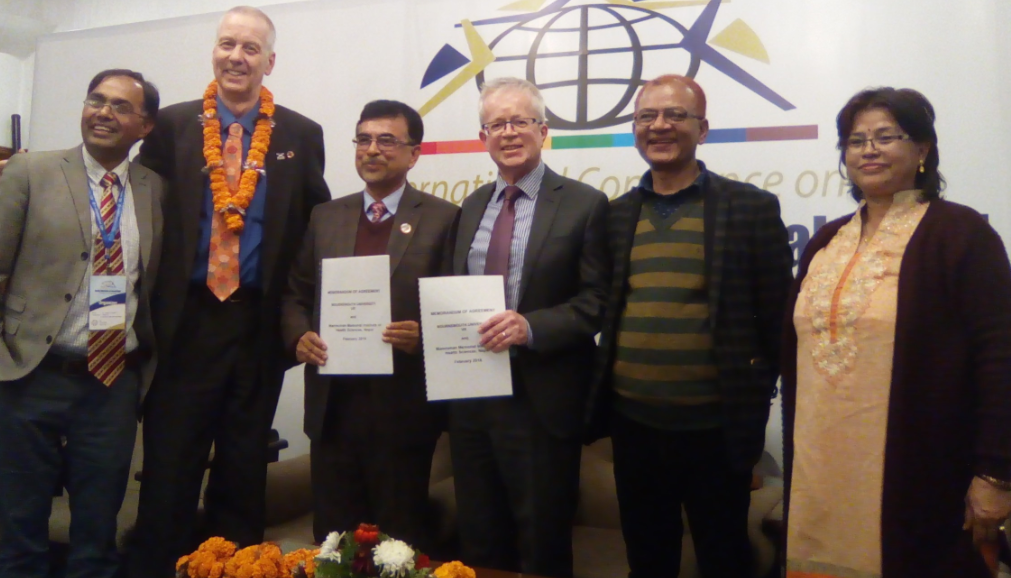
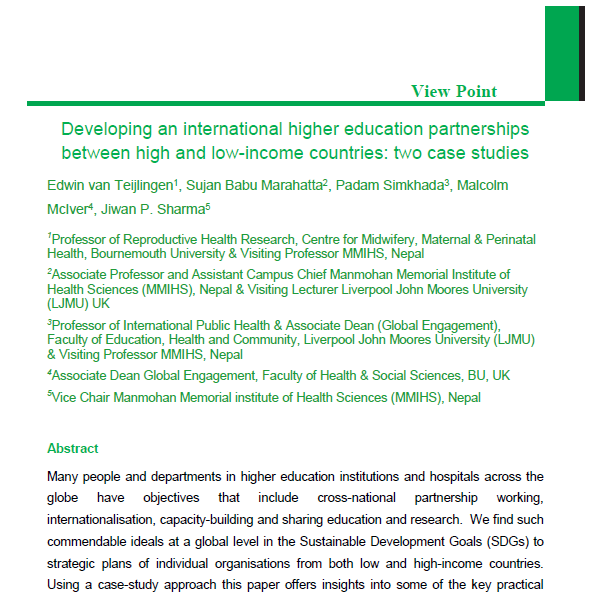











 New CMWH paper on maternity care
New CMWH paper on maternity care From Sustainable Research to Sustainable Research Lives: Reflections from the SPROUT Network Event
From Sustainable Research to Sustainable Research Lives: Reflections from the SPROUT Network Event REF Code of Practice consultation is open!
REF Code of Practice consultation is open! ECR Funding Open Call: Research Culture & Community Grant – Apply now
ECR Funding Open Call: Research Culture & Community Grant – Apply now ECR Funding Open Call: Research Culture & Community Grant – Application Deadline Friday 12 December
ECR Funding Open Call: Research Culture & Community Grant – Application Deadline Friday 12 December MSCA Postdoctoral Fellowships 2025 Call
MSCA Postdoctoral Fellowships 2025 Call ERC Advanced Grant 2025 Webinar
ERC Advanced Grant 2025 Webinar Update on UKRO services
Update on UKRO services European research project exploring use of ‘virtual twins’ to better manage metabolic associated fatty liver disease
European research project exploring use of ‘virtual twins’ to better manage metabolic associated fatty liver disease